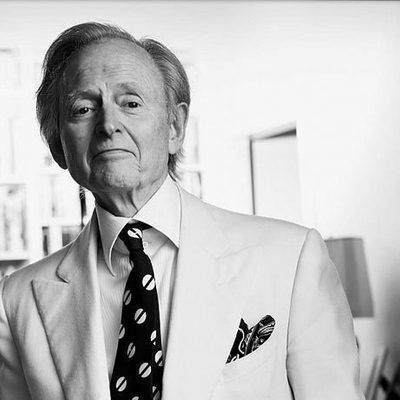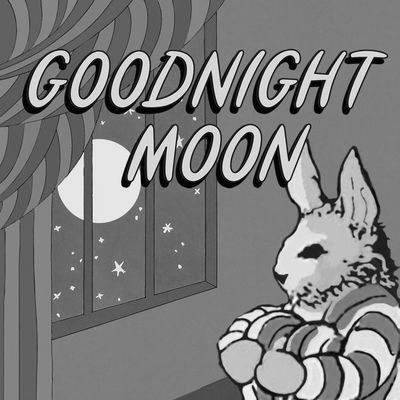John McPhee: The Art of Non-Fiction No. 3
“Anytime I was called a New Journalist I winced a little with embarrassment.”
“Anytime I was called a New Journalist I winced a little with embarrassment.”
John McPhee, Peter Hessler The Paris Review Apr 2010 55min Permalink
On Bob Woodward’s “rather eerie aversion to engaging the ramifications of what people say to him.”
Joan Didion New York Review of Books Sep 1996 25min Permalink
“The ‘hard’–science fiction writers dismiss everything except, well, physics, astronomy, and maybe chemistry. Biology, sociology, anthropology—that’s not science to them, that’s soft stuff. They’re not that interested in what human beings do, really. But I am. I draw on the social sciences a great deal. I get a lot of ideas from them, particularly from anthropology. When I create another planet, another world, with a society on it, I try to hint at the complexity of the society I’m creating, instead of just referring to an empire or something like that.”
John Wray, Ursula K. Le Guin The Paris Review Sep 2013 30min Permalink
How a cabal of authors profited by gaming Amazon’s Kindle Unlimited algorithm.
Sarah Jeong The Verge Jul 2018 25min Permalink
On the unlikely friendship between Nelson Algren and the young writer during the final years of Algren’s life.
It was June of 1980 when Nelson called me breathlessly from the highway.
Joe Pintauro Chicago Magazine Feb 1988 55min Permalink
He wants you to know one thing: He’s not even angry.
Taffy Brodesser-Akner The New York Times Magazine Jun 2018 20min Permalink
How the godfather of “fratire” went from chronicling his drunken sexual conquests to ghostwriting Tiffany Haddish’s memoir.
Laura Bennett Slate May 2018 15min Permalink

He is a coon hunter, a rich man, an ex-whiskey runner, a good old boy who hard-charges stock cars 175 m.p.h. Mother dog! He is the lead-footed chicken farmer from Ronda, the true vision of the New South.
Notes from a Black Panther fundraiser on Park Avenue.
Tom Wolfe on the development of ”New Journalism,” an unconventional reporting style which he helped to pioneer.
Americans learn to love themselves.
Mar 1965 – Aug 1976 Permalink
On the work of Rachel Cusk.
Patricia Lockwood London Review of Books May 2018 15min Permalink
An interview with Maurice Sendak.
Emma Brockes, Maurice Sendak The Believer Nov 2012 20min Permalink

The author faces this question as she emerges from alcoholism.
Leslie Jamison New York Times Magazine Mar 2018 25min Permalink
A major black novelist made a remarkable début. How did he disappear?
Kathryn Schulz New Yorker Jan 2018 Permalink
On Joan Didion.
Patricia Lockwood London Review of Books Dec 2017 10min Permalink

Teaching Emily Dickinson at Santa Fe Community College in Gainesville, Florida.
William Bowers Oxford American Jan 2003 40min Permalink
On Graham Greene, the master of “ethical ambivalence.”
Zadie Smith The Guardian Sep 2004 10min Permalink

When she died in 1952, author Margaret Wise Brown left the rights to Goodnight Moon to a nine-year-old neighbor named Albert Clarke. The book became a classic. Clarke, living entirely off the royalties, became a deadbeat.
Joshua Prager The Wall Street Journal Sep 2000 15min Permalink
Inside the New York Public Library’s archives.
James Somers Village Voice Sep 2017 15min Permalink

A profile of Ernest Hemingway.
Lillian Ross New Yorker May 1950 45min Permalink
A profile of the writer.
Ruth Franklin New York Times Magazine Aug 2017 20min Permalink
Young-adult books are being targeted in intense social-media callouts, draggings, and pile-ons — sometimes before anybody’s even read them.
Kat Rosenfield Vulture Aug 2017 15min Permalink
Steidl, who is sixty-six, is known for fanatical attention to detail, for superlative craftsmanship, and for embracing the best that technology has to offer. "He is so much better than anyone,” William Eggleston, the American color photographer, told me, when I met him recently in New York. Steidl has published Eggleston for a decade; two years ago, he produced an expanded, ten-volume, boxed edition of “The Democratic Forest,” the artist’s monumental 1989 work. Eggleston passed his hand through the air, in a stroking gesture. “Feel the pages of the books,” he said. “The ink is in relief. It is that thick.”
Rebecca Mead New Yorker May 2017 30min Permalink
"I’m not familiar with books on style. My role in the revival of Strunk’s book was a fluke—just something I took on because I was not doing anything else at the time. It cost me a year out of my life, so little did I know about grammar."
E.B. White, Frank H. Crowther, George Plimpton The Paris Review Sep 1969 30min Permalink
The relationship between creative writing programs and modern fiction.
Elif Batuman London Review of Books Sep 2010 35min Permalink
The story of The Anarchist Cookbook and why its creator, William Powell, regrets writing the book.
Gabriel Thompson Harper's Feb 2015 20min Permalink
Ahmed Naji’s novel was not overtly political, but the “protagonist performs cunnilingus, rolls hash joints and gulps from bottles of vodka” which led a lawyer to press charges against him for causing a fluctuation in his blood pressure when the novel was excerpted in a Cairo newspaper, even though it had been approved by censors.
Jonathan Guyer Rolling Stone Feb 2017 20min Permalink